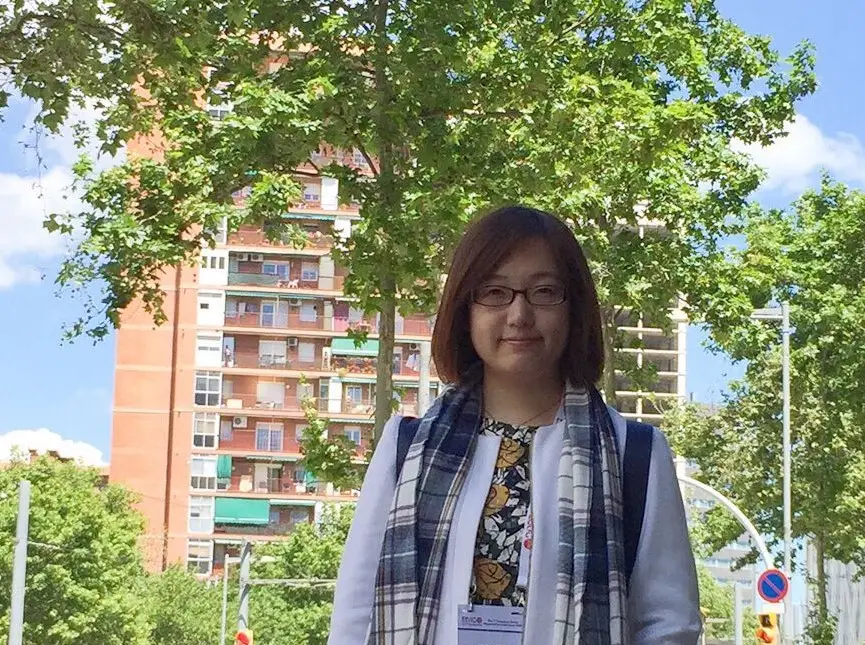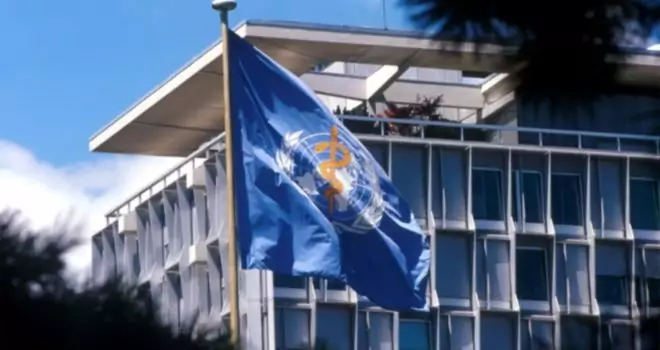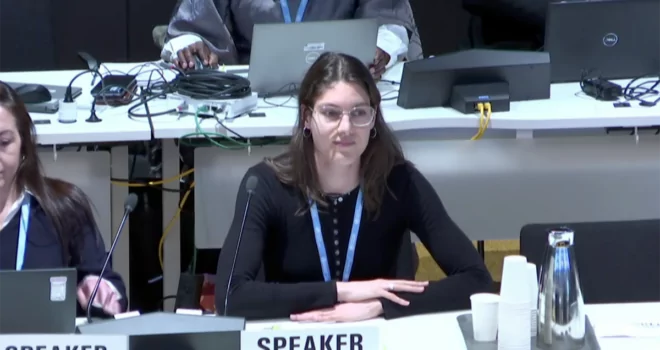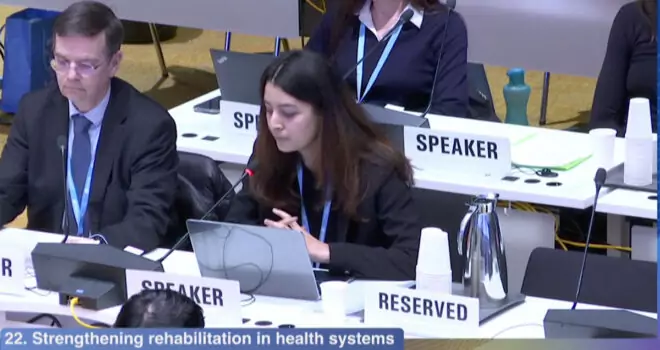
What led to your interest in medicine?
Xinyi: I’ve obtained a MBBS (2009) and a Master’s degree in Clinical Medicine (2011) from Capital Medical University, Beijing, China, and received two-year clinical training (2009-2011) in neurology at Beijing Tiantan Hospital. I then received my PhD in Medical Sciences (2014) and 2-year postdoctoral training in stroke research (2015-2017) at the Chinese University of Hong Kong (CUHK). I’ve also obtained a Certificate for Neurosonology from the American Society of Neuroimaging (2013). I am a currently researcher at CUHK with a particular interest in ischemic stroke and intracranial atherosclerotic disease, which accounts for 30-50% of ischemic stroke in the Chinese population.
How did you come across the EL program and what made you think it was relevant for you to apply?
Xinyi: Stroke is a leading cause of adult disability in the world. Around 80% of all strokes are ischemic strokes. Patients with certain subtypes of ischemic strokes, e.g., ischemic stroke due to cardioembolism and large artery atherosclerotic disease, would face a high risk of relapse, especially in lower-income countries with limited access to medications and other treatment methods. Patients with atrial fibrillation are at a high risk of cardioembolic stroke, which is an example of the heart-brain connections. So, when I first came across the 2018 WHF Emerging Leaders Program, with a focus on stroke prevention, treatment and rehabilitation, I didn’t hesitate a second before submitting the application.
Who among the faculty you met inspired you the most and what did you enjoy most about the programme?
Xinyi: Throughout this programme, I am very much inspired by all the mentors, especially Dr Mark Huffman, as well as by my fellow ELs, especially the ELs I work with in the Stroke Prevention team, by their passion and willingness to contribute to medical research and to the community.
I feel very lucky and grateful to be one of the Emerging Leaders in 2018, to be able to meet amazing mentors and fellow ELs of the program and to attend such a wonderful seminar in the beautiful campus of Duke Kunshan University in China in June 2018. I am proud to be part of the Stroke Prevention team in this program; we submitted an application to WHO, to include non-vitamin K antagonists oral anticoagulants (NOACs) in the WHO Model List of Essential Medicines 2019 for prevention of stroke and systemic embolism in patients with nonvalvular atrial fibrillation. We hope this will lead to better access to this subgroup of medications in patients with nonvalvular atrial fibrillation in lower-income countries, which would reduce the risks of stroke occurrence and recurrence in these populations.


